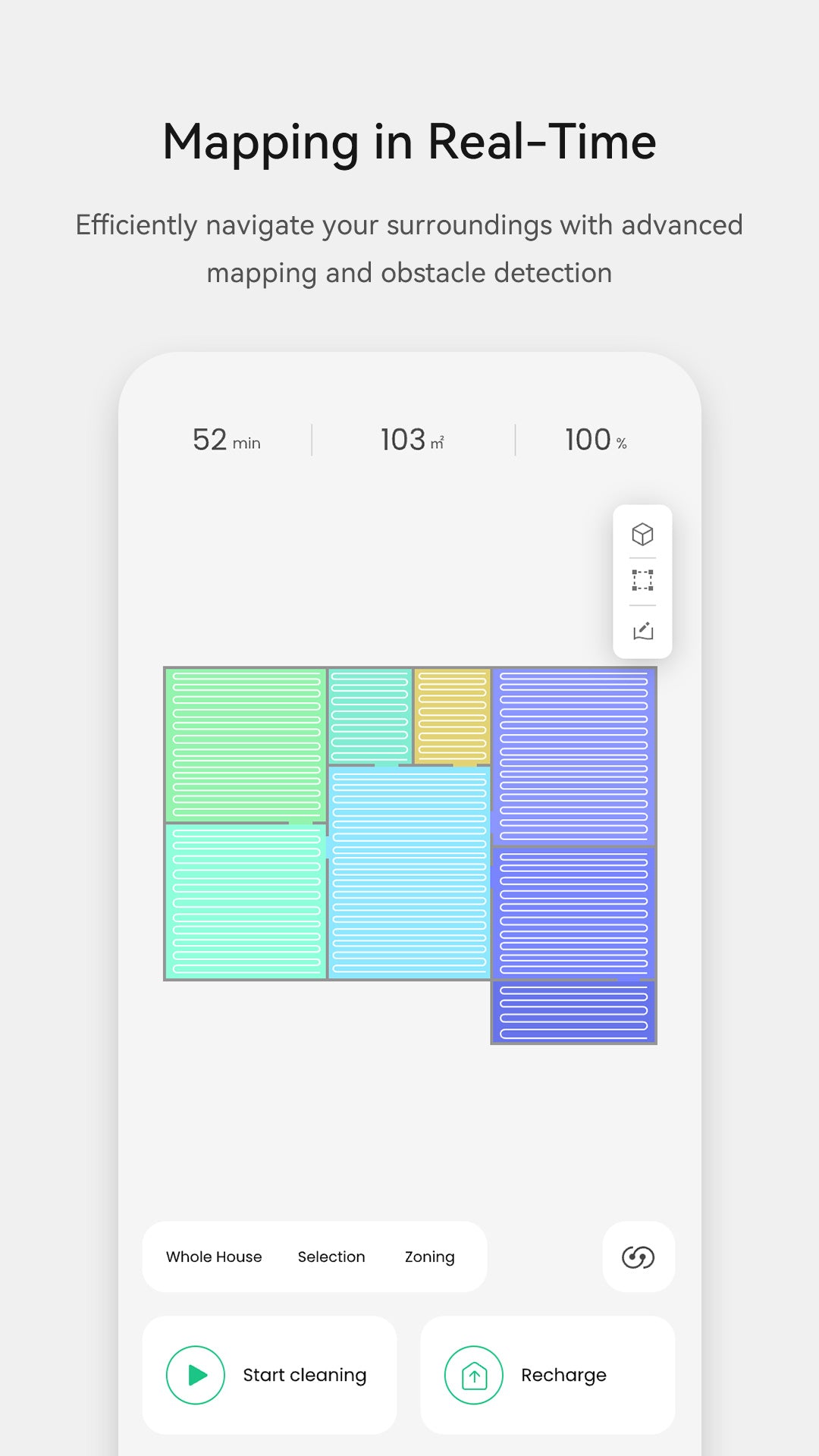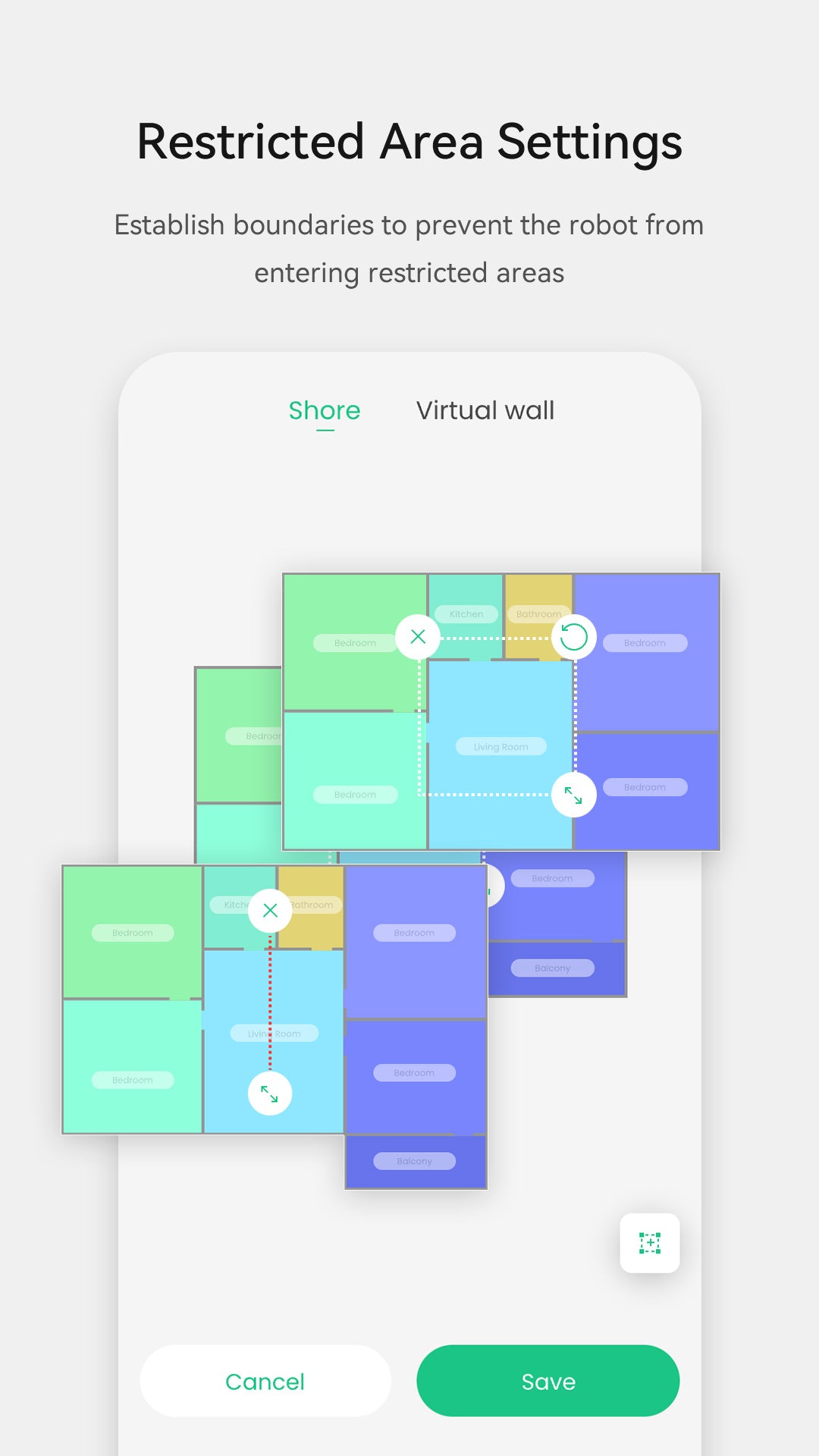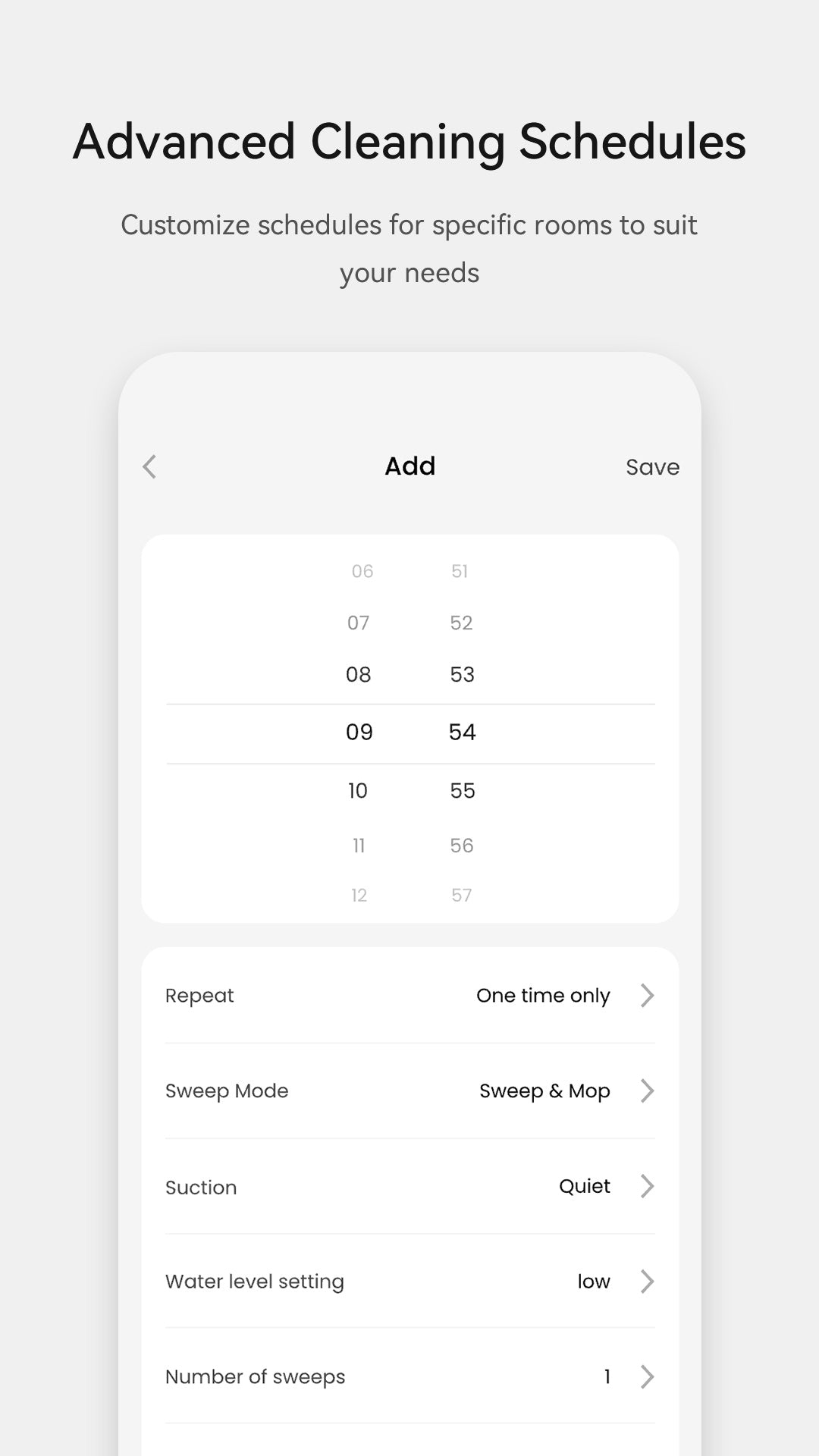
In a world where over 20 million robotic vacuum cleaners are sold annually, the integration of technology into our daily lives has never been more pronounced. As these devices become ubiquitous in households worldwide, understanding their legal and regulatory attributes is crucial for manufacturers and consumers alike.
Understanding the Regulatory Framework Surrounding Robotic Vacuum Cleaner Apps

robotic vacuum cleaner apps serve as essential interfaces that enhance user experience by providing control and monitoring capabilities. However, they also come with significant legal implications regarding data privacy, consumer protection, and product liability. These apps must comply with various regulations such as GDPR in Europe or CCPA in California to ensure users’ personal information is safeguarded. Additionally, any disputes arising from app functionality can lead to Regulatory Appeals and Reviews processes that require careful navigation.
The Role of Smart Robotic Vacuums in Regulatory Appeals and Reviews
smart robotic vacuums not only automate cleaning tasks but also collect vast amounts of data about household environments. This raises important questions concerning compliance with existing laws during Regulatory Appeals and Reviews. For instance, if a smart vacuum malfunctions due to software issues leading to property damage or injury, affected parties may seek recourse through regulatory bodies. The outcomes often hinge on how well manufacturers document compliance efforts related to safety standards and data handling practices.
Tuvacs: A Case Study in Regulatory Compliance During Appeals
Tuvacs stands out as an exemplary case when discussing Regulatory Appeals and Reviews within the context of robotic vacuum cleaner apps. The company has proactively engaged with regulators by ensuring its app adheres strictly to international safety standards while maintaining transparency about its data usage policies. In instances where customers have raised concerns—be it malfunction reports or privacy violations—Tuvacs has demonstrated a commitment to resolving these issues swiftly through established review channels.
Conclusion
The landscape surrounding robotic vacuum cleaner apps is complex yet vital for stakeholders involved—from developers to end-users. Understanding their legal attributes ensures that companies like Tuvacs can navigate potential pitfalls effectively while fostering trust among consumers through transparent practices during Regulatory Appeals and Reviews processes.



